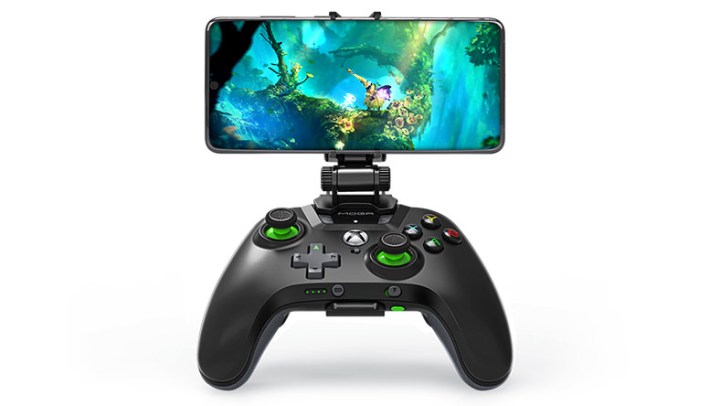
Beginning today, Xbox Cloud Gaming will be available to Xbox Game Pass Ultimate users in 22 countries who play on PCs running Windows 10. Xbox Cloud Gaming will also be available to Game Pass Ultimate members who use Apple phones and tablets.
Xbox Cloud Gaming, a browser-based service, allows players to play any Xbox Game Pass games and access their saves across multiple compatible devices. It enables players who don’t own powerful PCs or consoles to play popular games on devices that normally wouldn’t support them. The service has been in open beta since April.
In addition to the device support, Microsoft announced that Xbox Cloud Gaming is now powered by custom Xbox Series X hardware, meaning that games will stream at a resolution of 1080p at up to 60 frames per second.
Microsoft says the addition of Xbox Series X hardware to its servers and data centers will enable higher-quality gameplay experiences and lower latency across all devices, but it remains to be seen whether the average user will see improvements or whether bottlenecking from internet service providers will negate any server-side improvements. Microsoft is promising to continue improving the service going forward.
Xbox Game Pass Ultimate users already have access to a variety of small improvements specifically for mobile gaming, including the ability to enable custom touch controls for over 50 games or use a compatible Xbox or Bluetooth controller.
It’s a bit of good timing, as Microsoft has major plans in the works for Xbox Game Pass. Several high-profile games were announced for Xbox Game Pass during and after Microsoft’s E3 presentation, making Game Pass an especially enticing deal.



